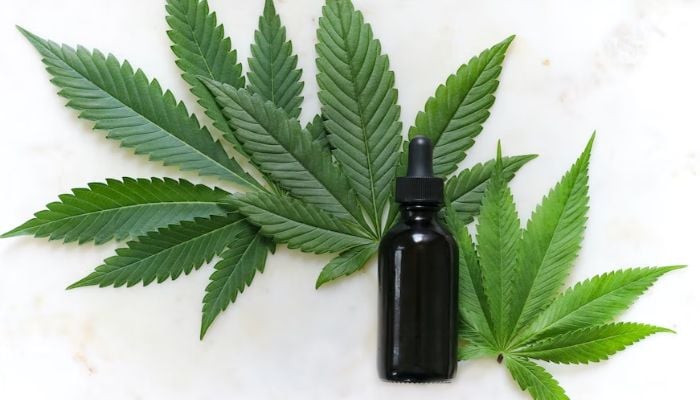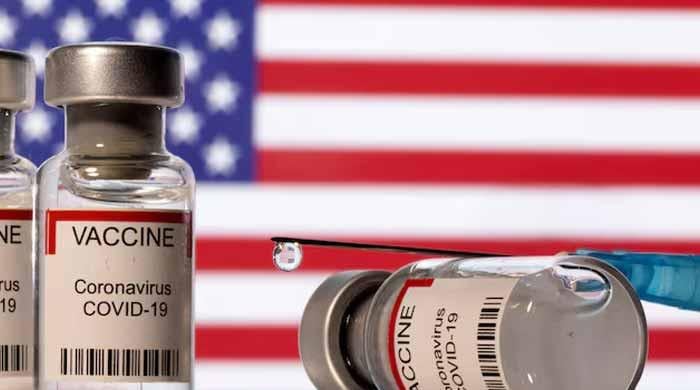US FDA considers regulating CBD in meals, supplements
FDA authorities are looking into further cannabis and CBD-related issues, such as how it can impact fertility and pregnancy
December 29, 2022

The US Food and Drug Administration (FDA) is investigating the safety of consuming cannabis-infused meals and dietary supplements, Health News reported.
According to officials, the FDA plans to provide health recommendations for regulating the rising number of cannabis products in the upcoming months.
“We want to be clear that the data on CBD point to real risks that need to be considered. Risks include liver injury, harm to the male reproductive system, and side effects, such as changes in alertness and other symptoms,” Kristi Muldoon-Jacobs, Deputy Office Director, Office of Food Additive Safety said to the FDA in a report.
FDA authorities are still looking into further cannabis and CBD-related issues, such as how it can impact fertility and pregnancy.
In 2018, Congress approved the usage of hemp but it left the FDA in charge of regulating cannabis. While some jurisdictions have established their own cannabis regulations, other manufacturers of goods like CBD oil have introduced items without any clear laws.
Large amounts of CBD are found in hemp plants. Although Tetrahydrocannabinol (THC) and CBD are comparable, CBD isn't typically thought to have the same intoxicating effects on the brain and body as THC.
The FDA warns that CBD and other medicines may interact negatively. If used alongside CBD, various medicines, including some antidepressants and painkillers, may lose their efficacy.
The FDA has not yet approved the use of cannabis-derived products as food or dietary supplements as opposed to pharmaceuticals. Aside from treating some severe seizure disorders in patients two years of age and older, the government has not licenced businesses to sell cannabis products for the treatment of any disease or condition.
The drug's name is Epidiolex and research has shown that when used as directed by a doctor, the advantages outweigh the risks for the intended population.
Currently, a business must conduct clinical trials to demonstrate the therapeutic benefits of its cannabis product.
The industry is still expanding quickly, though. According to a recent study by a cannabis data company, global cannabis sales might rise from $30 billion in 2021 to $57 billion by 2026.
The National Institute of Health of USA states that cannabis research is still in its infancy. While some study suggests that cannabis-based medicines may reduce pain, other studies indicate that CBD may be detrimental to some people.
The FDA intends to present regulations for legal cannabis products after reviewing more research. Some of the rules might call for additional legislation from Congress.
Drugs, medical equipment, dietary supplements, and foods like infant formula are all subject to FDA regulation. Recently, the agency started keeping tabs on the production, sale, and marketing of tobacco products.
The agency's research, according to officials, is complicated by novel cannabis compounds like Delta-8, which has been available on the market for a while. The newly discovered cannabinoid is legal cannabis, but unlike CBD, it has intoxicating properties.
“Data on CBD points to real risks, and the FDA is especially concerned about the risks to children, people who are pregnant or breastfeeding, and people taking other medications,” said Muldoon-Jacobs, “Consumers should be aware of the risks and should speak with a medical provider about the use of any CBD product. We want people to make informed choices about their health.”









